Malcolm Bacchus is Deputy President of ICAEW. He is the former chair of ICAEW’s Ethics Standards Committee and member of its Technical Strategy Board and has been an elected member of ICAEW’s governing Council since 2005.
Malcolm qualified with Thornton Baker, now Grant Thornton and after a spell in practice moved into industry and has been finance director of a number of private and public companies, principally on AIM, in a wide range of companies including property, childcare, investment, telecommunications and public relations. He now works as a consultant, lecturer and interim finance director.
What are the key ethical issues facing accountants today?
We asked five professionals with business experience
and an accountancy regulator for their views.
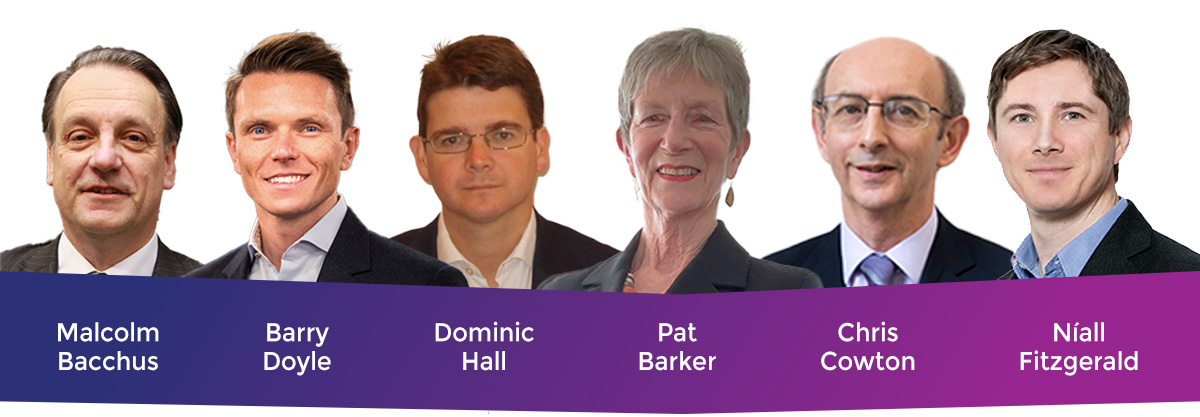
DECISION MAKING
“The great enemy of ethical decision making is rushing. And that tends to happen because of pressure. Pressure to meet deadlines, pressure to meet KPIs, whatever it tends to be, pressure is one of the great factors. So sometimes we’ve got to carve out space and just stop and think. The great friend of ethical decision making is stop and think.”
SUSTAINABILITY
“If you look at a business’s risk profile, what’s one of the biggest risks? It’s losing customers. And the general public is getting more and more concerned about whether a business is responsible; about whether a business is ethical; about whether a business is sustainable. Those businesses which aren’t, and we’ve seen examples of them, lose their customers.”
PERSONAL RESPONSIBILITY
“You have to understand your own conscience. And that’s a kind of old-fashioned word that isn’t much used but it’s still very much there. You have to understand: Where is my red line? What will I not step over? What will I never do?” And in the heat of the hunt, you have to be able to say: ‘is this the right thing?’”
WHISTLE-BLOWING
“The things that really stop people from whistleblowing are a fear of retaliation, ignorance that they can, or a belief that nothing will change. So, you need to break those barriers down. The belief that nothing will change, and indeed, the fear of retaliation are best brought down by communicating through storytelling.”
TECHNOLOGY
“As technology makes decision making less transparent, the term ‘understanding what’s inside the black box’ springs to mind. And it’s incumbent upon any finance professional accountant, CFO and FD to really understand the technology that is powering their business and powering the products that they sell.”
ETHICS AS A COMPETENCY
“The way in which business is done is changing and accountants have to adapt to the changing circumstances. There’s new competencies to learn. What is artificial intelligence? What is blockchain? What is sustainability? How does that impact my organisation? I think that’s where the professional bodies come to the fore is they provide resources and services to the members to equip them with the information that they need.”
Contributors
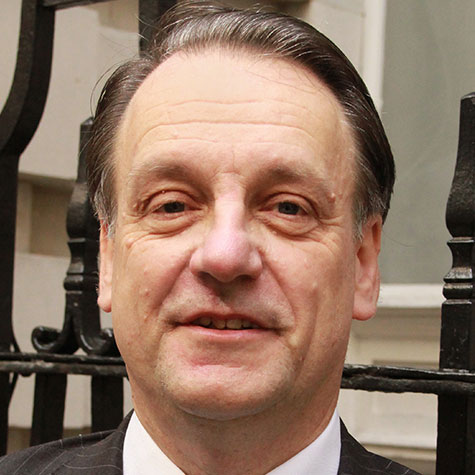
Malcolm Bacchus
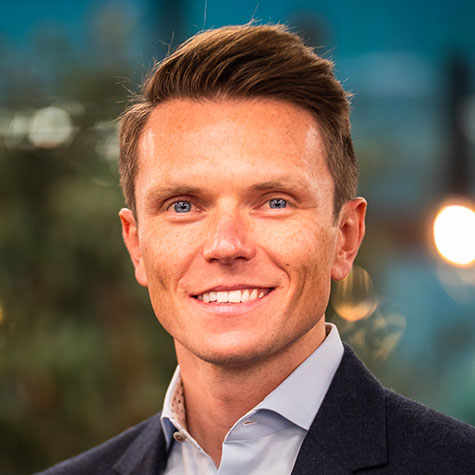
Barry Doyle
Barry Doyle is Vice President of CAI.
Barry is Investment Director at MASV where he manages a family office and works with early stage and scaling technology businesses, including legal outsourcer Johnson Hana, vintage luxury marketplace Open For Vintage and innovation hub and startup accelerator, Republic of Work.
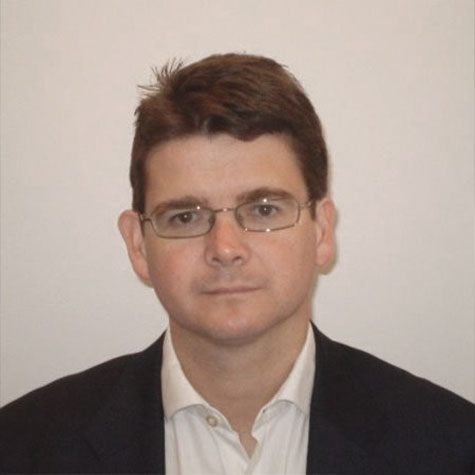
Dominic Hall
Dominic Hall is the Group Head of Ethical Business Conduct at BAE Systems PLC. Dominic is responsible for BAE Systems’ Business Ethics Programme across the UK and International businesses. He has deep experience in implementing and operating all aspects of ethics and compliance governance frameworks. Dominic previously held similar leadership roles in Ethics and Compliance at Coca-Cola Enterprises and at BG Group, an oil and gas major. He is also a qualified auditor, and held audit and consulting roles at KPMG for seven years. Dominic has undergraduate and postgraduate degrees in Philosophy from St. Andrews University.
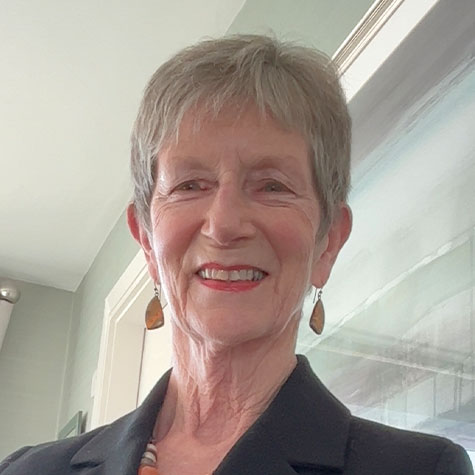
Professor Pat Barker
Professor Barker is a well-known academic, accountant and public body leader. She was Professor of Accounting at NIHE Dublin, and then Registrar and Vice-President for Teaching and Learning at Dublin City University. Pat served nine years as a delegate on the International Accounting Standards Board. She has also worked as an international election monitor for the OSCE, a human rights observer in the Middle East, and as chairperson of the Irish Blood Transfusion Service and a director of other public bodies. A holder of an MPhil in gender studies and a PhD on financial disclosure, she has written and co-written several books and articles on accounting, ethics and gender equality.
Pat is a Fellow of Chartered Accountants Ireland.
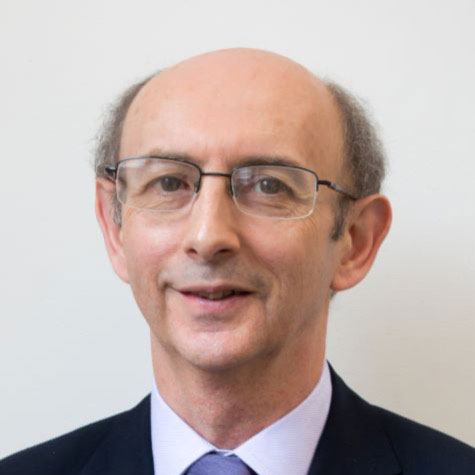
Professor Chris Cowton
Professor Chris Cowton is Associate Director (part-time) at the Institute of Business Ethics, where he works closely with businesses and other organisations to support high standards of business behaviour. During a 40-year academic career, Chris became internationally recognised for his contributions to business ethics, especially his pioneering work on financial ethics. He continues to publish academic work ‘as a hobby’.
Chris is Emeritus Professor at the University of Huddersfield and has been a Visiting Professor at the University of Leeds, the University of Bergamo (Italy) and the University of the Basque Country (Bilbao, Spain). At Huddersfield, he was Professor of Accounting (1996-2016), Professor of Financial Ethics (2016-2019) and Dean of the Business School (2008-2016), having joined after ten years lecturing at the University of Oxford. He served on the ICAEW’s Ethics Standards Committee for a decade, from 2009 to 2018.

Níall Fitzgerald
Níall Fitzgerald (FCA) is Head of Ethics and Governance, Chartered Accountants Ireland.
Níall leads the delivery of strategic objectives on business ethics and governance across operations, including development of policy, support and resources for members of Chartered Accountants Ireland. Níall is also a non-executive director, a member of a number of global advisory committees on ethics, governance and sustainability, and co-founder of Chapter Zero Ireland, a World Economic Forum initiative to equip directors and help them to lead crucial boardroom discussion on the impacts of climate change.
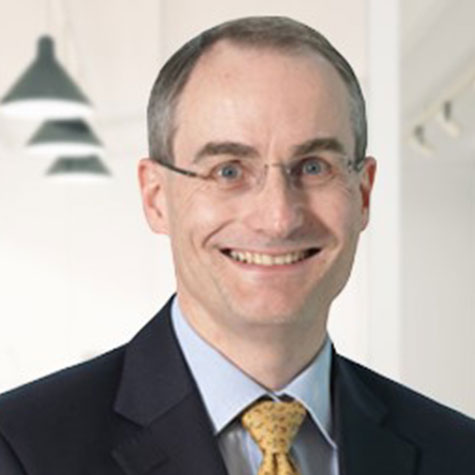
Iain Lowson: Seminar Chair
Iain Lowson is Chair of the CCAB Ethics Group.
Iain is a Partner and Head of Quality and Risk Management at BDO LLP, and Chair of the firm’s Quality and Risk Management Committee. He has responsibility for the firm’s enterprise risk management system, quality management system and regulatory compliance.
Iain is also a member of the ICAEW’s Ethics Advisory Committee and was previously Chair of the ICAEW’s Ethics Standards Committee.
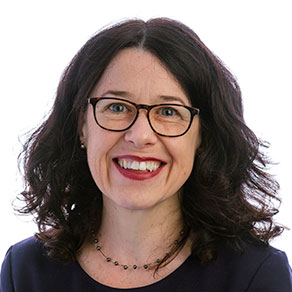
Ann Buttery
Ann Buttery is Head of Ethics, Policy Leadership at ICAS. Ann supports the ICAS Ethics Board with its mission to provide knowledge, guidance and assistance to ICAS members in order that they may meet the ethical responsibilities of their profession. As such, Ann is involved with ICAS’ ‘The Power of One’ business ethics initiative. Ann is a member of the CCAB Ethics Group and Accountancy Europe’s Professional Ethics and Competencies Working Group.
Ann trained with KPMG qualifying as a Chartered Accountant in 1996. She then spent over two years working in audit for PwC in the firm’s Los Angeles office before returning to the UK and working for the firm in London and Edinburgh until 2004. Ann took a career break to spend time with her children prior to joining ICAS in 2012.
Q&A Panel
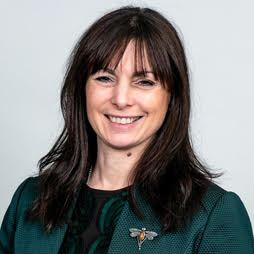
Susan Allan
Susan is a member of the CCAB’s Board of Directors, and has been a member of the ACCA council since 2015. She is currently Chair of the ACCA Audit Committee.
Susan is CFO for the Willerby Group, a Private Equity backed business in the UK of 77 years’ standing. Before this, she was head of finance at DFS, where she led the commercial business partnering team and also helped float the company on the UK stock exchange.
Susan’s expertise includes: strategic planning, performance improvement, change management and people development.
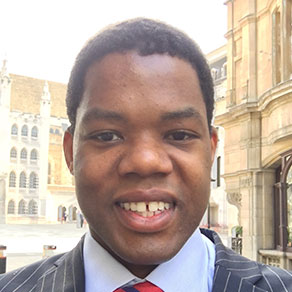
Samuel Ennis
Samuel is a member of the CCAB Ethics Group. He holds a First Class degree in Economics from the University of Birmingham.
After graduation, Samuel worked in the Corporation Tax department at KPMG where he obtained his Chartered Accountancy Qualification with the Institute of Chartered Accountants of Scotland (ICAS) and the Association of Tax Technicians qualification. Samuel is now a fellow of the ATT.
Since qualification, Samuel has specialised in financial services, predominantly in industry and is currently the Head of Tax for a financial services group.
Samuel was a founder member of the ICAS Ethics board and helped write the Power of One document.
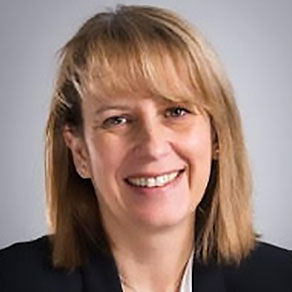
Carol Culley OBE
Carol Culley OBE is the junior Vice-President of CIPFA.
Carol is Chair of the Public Financial Management Board and deputy Chief Executive and City Treasurer at Manchester City Council. As well as being the S151 officer, she has responsibility for the Corporate Core and for driving a number of priorities including leading on the Council’s Zero Carbon Action Plan and being SRO for the Factory and Town Hall projects. Carol’s previous experience in Manchester has included her role as Deputy City Treasurer responsible for Finance and Performance and ICT as well as being a member of the Health and Social Care Devolution Team, as Assistant Chief Executive overseeing Finance and Performance and as the Assistant Director of Finance and Commissioning for Social Services.
Carol has a wealth of experience in financial management, governance and assurance and fulfilling trustee roles. She is currently a trustee Northern Gateway and Manchester Central and for the Greater Manchester Education Trust.